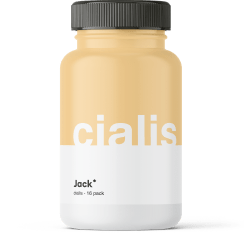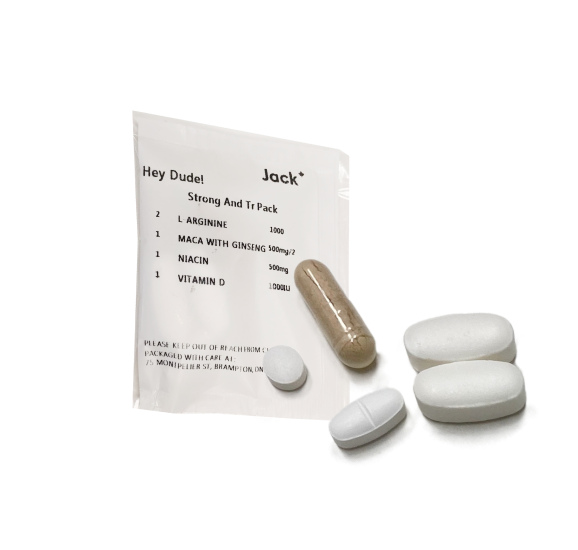Ozempic Interactions: Medications, Foods, Conditions, and More
Ozempic, a medication has a range of interactions that patients should be informed about. This article delves into:
- Ozempic’s nature and function
- Ozempic’s relationship with food
- Foods to be cautious about while using Ozempic
- How Ozempic interacts with various health conditions
- Who should refrain from using Ozempic
- Known drug interactions with Ozempic
- Additional considerations while on Ozempic
- Safety precautions to adhere to
- Commonly asked question
Let’s dive in!
Understanding Ozempic
Manufactured by Novo Nordisk, it’s also available under brand names like Wegovy and Rybelsus.
Its active component, semaglutide, replicates the actions of the natural hormone GLP-1, influencing insulin production, blood sugar control, and potentially aiding in weight loss.
For optimal results, it’s recommended to combine Ozempic with a balanced diet and regular exercise. Always consult with your healthcare provider regarding insurance coverage and suitability for your condition. Learn more about Ozempic.
Ozempic mirrors the GLP-1 hormone in our body. This hormone is pivotal in blood sugar regulation and appetite control. By impacting hunger receptors in the brain, it enhances feelings of fullness, reduces hunger, and promotes weight management. Additionally, Ozempic aids the pancreas in producing more insulin when blood sugar levels rise.
Ozempic and Food: What You Should Know
Understanding how different foods impact Ozempic's efficacy is crucial. While there aren't specific foods to eliminate, some can cause issues if consumed excessively. Learn more about Ozempic and food.
High-Fat Foods
Excessive consumption of high-fat foods while on Ozempic can intensify side effects like nausea and stomach discomfort.
Sugary Foods and Beverages
Moderation is key when consuming sugary items. Sugary foods and drinks contain high levels of fast-acting carbohydrates that can lead to rapid spikes in blood sugar levels.
Alcohol and Caffeine
Both alcohol and caffeine should be consumed in moderation. They can amplify side effects like nausea. Read more about Ozempic and alcohol.
Vitamins and Supplements
While most vitamins and supplements don’t conflict with Ozempic, some, like chromium, can interact adversely. Always keep your doctor informed about any supplements you’re taking.
Medical Conditions and Ozempic
Ozempic’s response varies with different medical conditions. It’s beneficial for type 2 diabetes patients but isn’t suitable for those with type 1 diabetes. Patients with heart disease can benefit from Ozempic, but those with thyroid cancer or tumors should avoid it.
Nonetheless, patients with heart disease should use Ozempic under careful medical supervision, ensuring any changes to symptoms or health status are closely monitored. If you experience sweating, blurred vision, or dizziness, you could be suffering from hypoglycemia.
When Not to Use Ozempic
While Ozempic has many positive benefits, there are some circumstances where it should be avoided. Ozempic isn’t recommended for individuals with a personal or family history of thyroid cancer or those with Multiple Endocrine Neoplasia syndrome type 2. If you’ve had allergic reactions to Ozempic or its components, seek alternative treatments.
Drug Interactions with Ozempic
Always inform your doctor about any medications you’re on. Ozempic can interact with insulin, sulfonylureas, and some oral medications. It’s essential to disclose any drugs you are taking to your doctor when being prescribed Ozempic.
If you experience sweating, blurred vision, or dizziness, these could be symptoms of hypoglycemia. Also, taking insulin and Ozempic together can increase the risk of hypoglycemia.
Supplements, Vitamins, and Ozempic
While there’s no concrete data on Ozempic’s interaction with most vitamins, it’s essential to keep your healthcare provider informed about any supplements or vitamins you’re consuming.
Safety First with Ozempic
Always prioritize safety. Discuss any medical conditions with your healthcare provider and ensure they’re aware of all medications and supplements you’re taking. Regularly monitor your blood sugar levels, and if you’re pregnant or breastfeeding, consult your doctor before using Ozempic. If you have any history of pancreatitis, gallbladder problems, kidney problems, or diabetic retinopathy, inform your medical team.
Ozempic is generally not recommended during pregnancy or when breastfeeding, as the effects on the fetus or infant are unknown. If you have any history of pancreatitis, gallbladder problems, kidney problems, or diabetic retinopathy, inform your medical team.
Make sure you talk with your medical team about any medical conditions you may have, and ensure you have informed them about any medications, supplements, or other products you’re taking.
Key Points to Remember
Ozempic, with its active ingredient semaglutide. While no foods are strictly prohibited, it’s wise to consume high-fat and sugary foods in moderation. Ozempic isn’t suitable for everyone, especially those with certain medical conditions. Always keep your healthcare provider informed about any medications or supplements you’re taking.
Frequently Asked Questions
1. Are there other interactions with Ozempic not mentioned?
While this article covers most known interactions, always keep your medical team informed about any medications or supplements you’re taking.
2. How does Ozempic interact with over-the-counter medications?
While there’s no specific documentation, due to Ozempic’s effect on gastric emptying, it might influence some over-the-counter oral medications.
3. Are there foods that enhance Ozempic's effectiveness?
No specific foods boost Ozempic’s efficacy, but a balanced diet and regular exercise can optimize weight management results.
For more detailed information and advice, always consult with a healthcare professional. Disclaimer: This article is for informational purposes only and should not replace professional medical advice.
4. What was Ozempic developed for?
Ozempic was initially developed for type-2 diabetics and is shown to be effective in helping manage blood sugars. It is a good choice for those that have not been able to control their blood sugar with other more common medications, such as metformin.














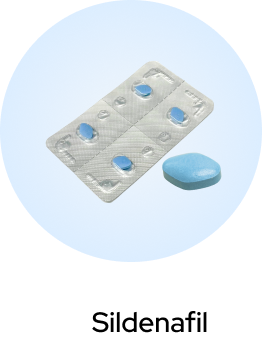
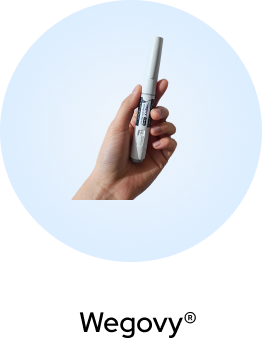
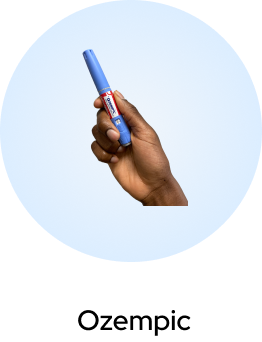


 (US)
(US)